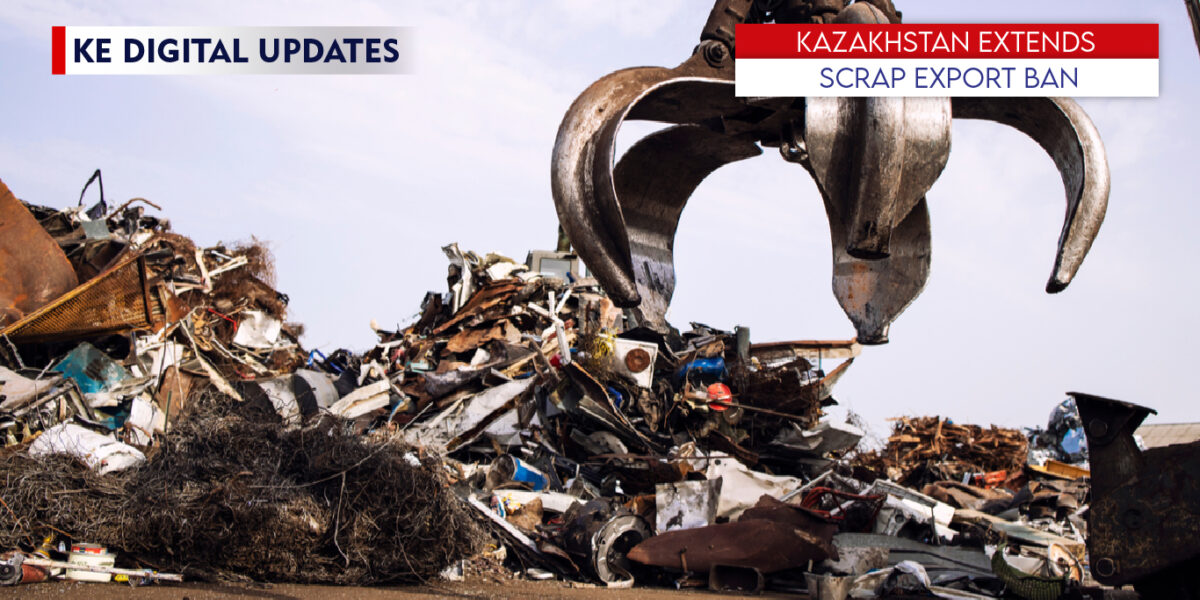Published on August 29, 2024
The Ministry of Industry and Construction in Kazakhstan has announced an extension of the country’s scrap export restriction for an additional six months, effective August 22, 2024. This measure aims to bolster the domestic steel industry by ensuring a steady supply of raw materials.
Scope of the Ban
The extended ban encompasses the export of ferrous scrap, used pipes, and rails. These materials are crucial for local steel producers who have been grappling with a shortage of scrap, which is essential for their operations. By restricting exports, the government aims to increase capacity utilization at domestic mills, thereby enhancing their productivity and sustainability.
Rationale Behind the Ban
The primary objective of this export restriction is to support local steel producers by providing them with the necessary raw materials. The shortage of scrap has been a significant challenge for these producers, affecting their ability to operate at full capacity. By retaining more scrap within the country, the government hopes to alleviate this issue and promote the growth of the domestic steel industry.
Impact on Exports
Between January and August 2023, Kazakhstan exported a mere 25,000 tons of scrap. Most of these exports were directed to China, Iran, Pakistan, and the Eurasian Economic Union (EAEU) nations. This figure is significantly lower compared to previous years, highlighting the impact of the initial export restrictions.
Future Outlook
Extending the scrap export ban is expected to provide a much-needed boost to Kazakhstan’s steel industry. Local mills can operate more efficiently and increase their production capacity by ensuring a consistent supply of raw materials. This move is also likely to reduce the country’s reliance on imported steel, fostering greater self-sufficiency in the sector.
In conclusion, extending the scrap export restriction by the Ministry of Industry and Construction in Kazakhstan is a strategic move to support the domestic steel industry. By prioritizing local needs over exports, the government aims to enhance local mills’ capacity utilization and ensure the steel sector’s sustainability.


